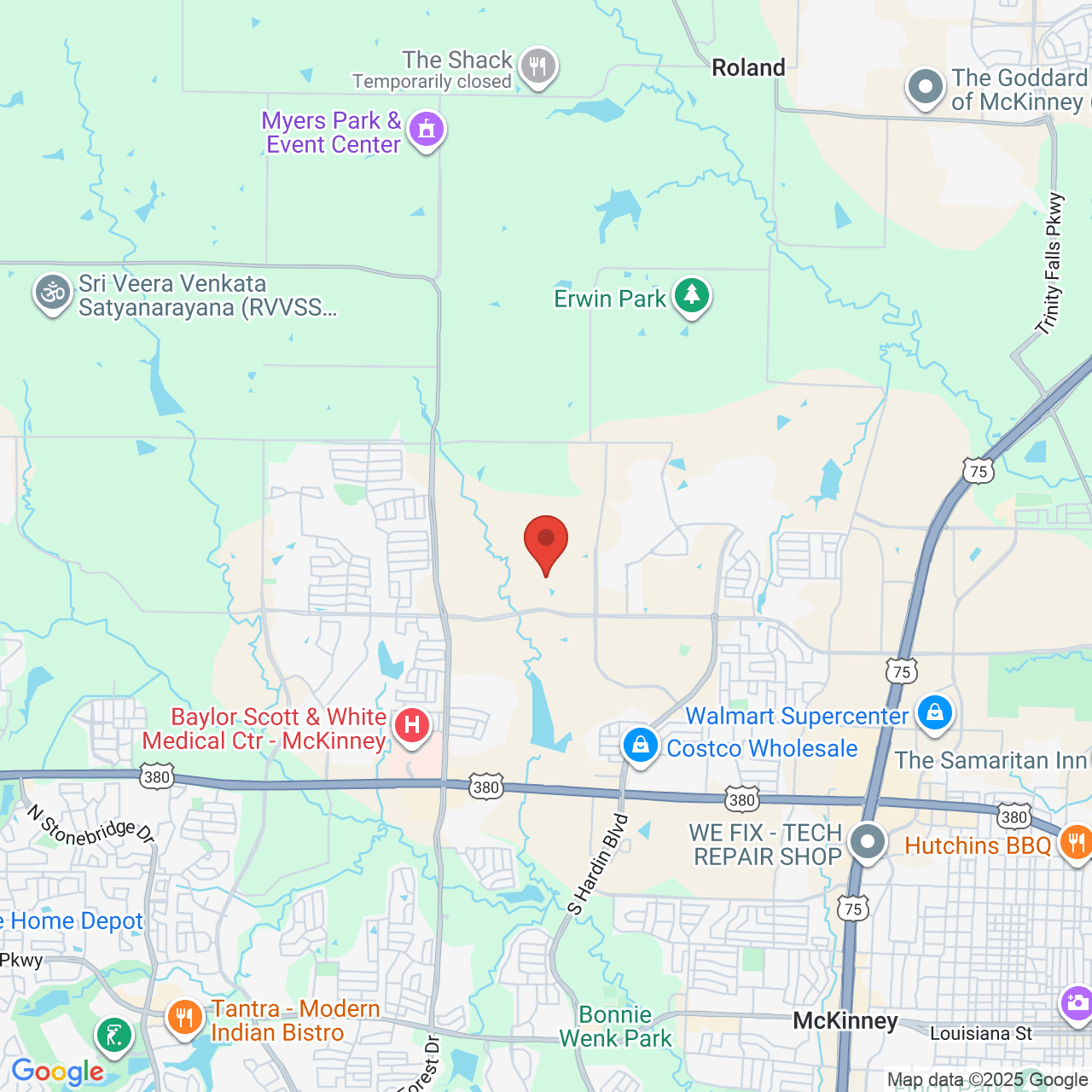Religious Discrimination Attorney
Did you experience antisemitism, Islamophobia, or harassment over your Sikh or Hindu faith at work? You may have a religious discrimination claim.
Reach out to our religious discrimination lawyer in Allen, TX. Attorney Dan A. Atkerson can hold your company accountable for allowing harassment over religious beliefs or not providing reasonable accommodations.
Identifying Religious Discrimination
Title VII of the Civil Rights Act prohibits religious discrimination as well as sex discrimination, racial discrimination, and national origin discrimination. Religion, as defined by Title VII, encompasses all aspects of observing your beliefs. This includes the ability to wear religious garb and the observance of religious holidays.


Examples of Religious Discrimination at Work
Some examples of religious discrimination at work include:
- Insulting comments about turbans, yarmulkes, hijabs, or other religious attire
- Insinuating or mocking questions about religious beliefs, deities, or places of worship
- Sexual harassment over religious beliefs or practices with respect to relationships or marriage
- Wrongful termination or refusal to promote someone because of their faith
- Refusing to interview or hire a prospective employee on the basis of religion
- Unwillingness to make reasonable accommodations related to an employee's faith
If you've experienced any of the above situations, you need to speak with a religious discrimination lawyer. Our law office in Allen, TX, is here to offer legal counsel. We help clients from Plano, Frisco, Dallas, Fort Worth, and across North Texas.
Religious Adherents Who Are Most Likely to Face Discrimination at Work Religious Groups Commonly Harassed, Targeted, or Discriminated Against
- Buddhists
- Hindus
- Jains
- Jehovah's Witnesses
- Jews
- Latter-day Saints
- Muslims
- Neopagans
- Rastafarians
- Shintoists
- Sikhs
- Zoroastrians
Christians and the Religiously Unaffiliated Can Face Employment Discrimination
According to a 2021 survey from the Pew Research Center, Christians comprise more than 60% of the American population, while the non-religious and religiously unaffiliated comprise almost 30% of the American populace. Even though this makes up the majority of the U.S. population, both Christians and the non-religious can face discrimination over their beliefs.
Religious Discrimination and Christianity
There are more than 200 denominations of Christianity in the United States. Religious differences between Catholics, Baptists, Lutherans, Evangelicals, and Episcopalians can be fruitful for spiritual or theological conversation, but they can turn into employment discrimination if disagreements affect someone's treatment at work.
If factions develop along religious lines at work or if a company only hires or promotes people of a certain Christian denomination, there may be a legal claim worth pursuing.
Discrimination Against the Non-Religious
The non-religious describes various groups unaffiliated with organized religion. This includes atheists, agnostics, and those who believe in a higher power but do not attend any church services. The number of Americans expressing no religious affiliation has grown over the years as other religious affiliations have declined.
As with other groups, the non-religious can be targets of harassment or ridicule, including attempts at religious conversion, getting passed up for a raise or promotion, or getting fired.
Are You the Victim of Religious Discrimination?
Contact a Religious Discrimination Attorney in Allen, TX
Did you experience a hostile work environment in which you were singled out because of your religion? Did a co-worker make fun of you because of your religious observances? You need a North Texas religious discrimination lawyer who understands state and federal laws. As a religious discrimination attorney in the Dallas area since 1984, Dan A. Atkerson can help.
Acts of religious discrimination can cross over with national origin discrimination and even sexual harassment. Having a skilled attorney on your side who understands different facets of employment discrimination can help you identify signs of racist or sexist mistreatment you may not have even noticed.
If you've faced an undue hardship at work because of your religious beliefs, contact our employment law firm in Allen, TX.
(214) 383-3606
Ready to Help wth Employment Law Disputes 5-Star Reviews for Attorney Dan A. Atkerson from Dallas-Fort Worth Workers
I chose Dan to represent me in an EEOC case because of his lengthy experience focusing specifically in such cases. His "no nonsense" style and strong sense of urgency delivered the results I expected, and in a timeline that was reasonable. I highly recommend others choose Dan as their legal representative in matters related to employment law.
View on GoogleMr. DAN IS AWESOME...He got me my settlement done within 3 months. He is very professional and keeps you up to date on everything that is going on with your case. THANKS DAN.
View on Google
Reasonable Accommodations for Religious Practices
A religious accommodation means minor changes to the work environment to help employees avoid undue hardships while practicing their faith or adhering to their religious principles.
Examples of religious-based reasonable accommodations include:
- Allowing time off for religious holidays or religious services
- Allowing time and/or space at the workplace for an employee to pray or practice their religion
- Making exceptions to dress code, such allowing a Jewish person to wear a yarmulke or a Muslim person to wear a hijab
- Making exceptions to grooming or shaving policies, such as allowing a Sikh or Rastafarian employee to grow their hair
If an employer does not allow for reasonable accommodations, you should speak with an attorney about filing a religious discrimination claim.
Reporting Religious Discrimination What You Can Do to File a Formal Workplace Discrimination Complaint
Report the Mistreatment to a Supervisor
If you are able to report religious harassment to a boss or supervisor, be sure to do so. They can help elevate your complaint and ensure the discriminating individual is held accountable.
Report the Mistreatment to Human Resources (HR)
In addition to speaking with a supervisor, report the instance of religious discrimination to a human resources representative. The HR rep can help ensure proper company policy is followed.
File a Complaint with the EEOC
The Equal Employment Opportunity Commission (EEOC) investigates instances of workplace discrimination, including religious discrimination cases. You will need to file a complaint with the EEOC before you can file a religious discrimination lawsuit against your employer.
File a Complaint with the Texas Workforce Commission
In addition to filing a complaint with the EEOC, you can also file a complaint with the Civil Rights Division of the TWC. This can help address any specific violations of the Texas Labor Code.
Our Law Firm Stands with North Texas Workers More Reviews for a Skilled Employment Discrimination Lawyer Serving the DFW Area
I would recommend Mr.Atkerson to anyone who is looking for an employment lawyer. I talked to him over the phone regarding an issue I had and he sent prompt responses via e-mail. I’m very satisfied with the result I got and will not forget his compassion throughout the entire process!
View on GoogleDan is definitely one of kind of attorney ! Extremely talented, and absolutely a type of lawyer that you can definitely trust. Thank you Dan for your support even though you already knew that you would not be profiting of my case, you continued providing me guidance , several advices, solutions and definitely eased my mind. Thank you Dan, you were very instrumental on my case!
View on Google




